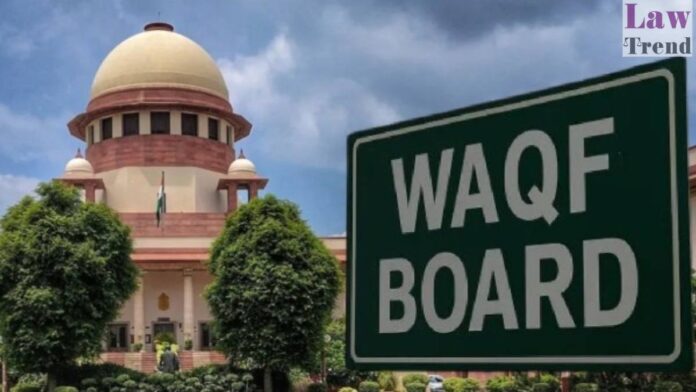The Supreme Court, in Md. Firoz Ahmad Khalid vs State of Manipur & Ors., held that a Muslim member of the State Bar Council appointed to the Waqf Board under Section 14(1)(b)(iii) of the Wakf Act, 1995, ceases to hold the position in the Board upon expiration of their Bar Council membership. The Court set
To Read More Please Subscribe to VIP Membership for Unlimited Access to All the Articles, Download Available Copies of Judgments/Order, Acess to Central/State Bare Acts, Advertisement Free Content, Access to More than 4000 Legal Drafts( Readymade Editable Formats of Suits, Petitions, Writs, Legal Notices, Divorce Petitions, 138 Notices, Bail Applications etc.) in Hindi and English.




